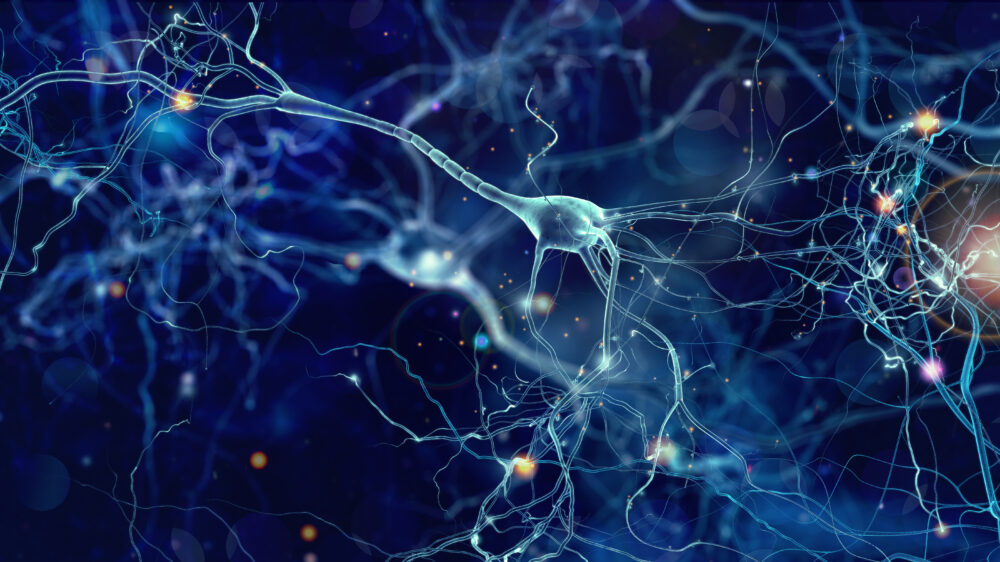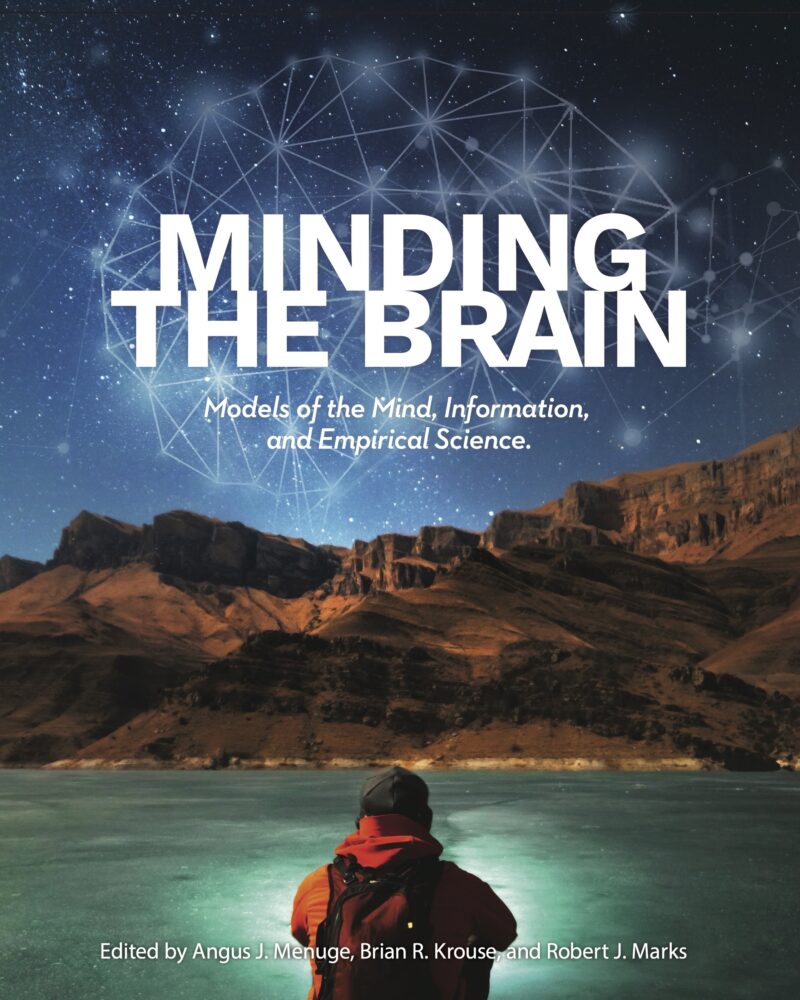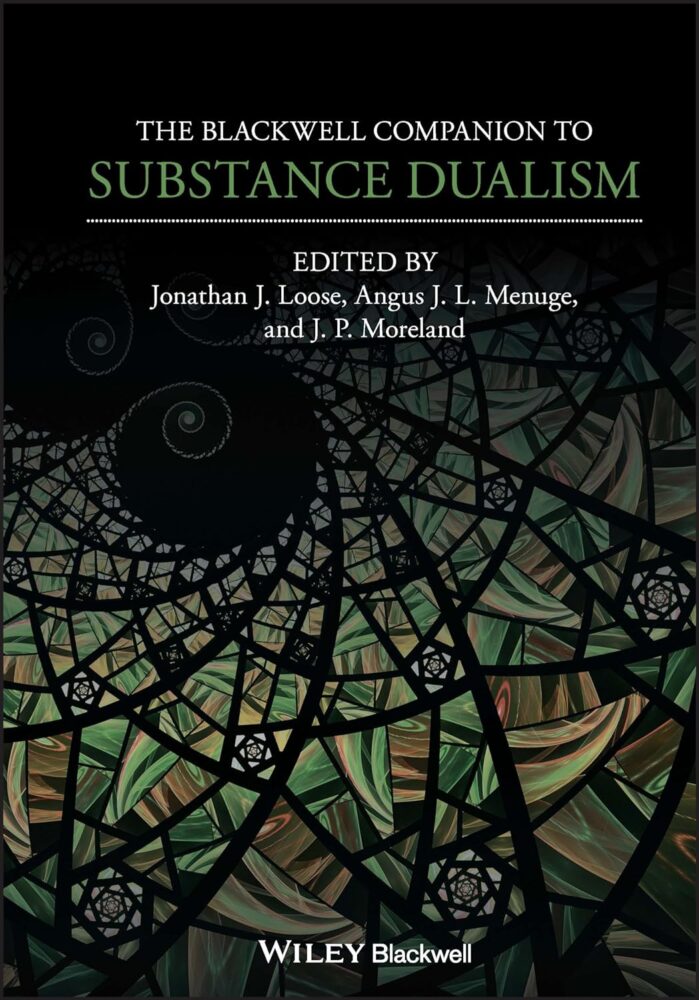
Angus J. L. Menuge is Chair of the Philosophy Department at Concordia University Wisconsin. He was raised in England and became an American citizen in 2005. He holds a BA (Honors, First Class) in philosophy from Warwick University, and an MA and a PhD in philosophy from the University of Wisconsin-Madison. He has written many peer-reviewed and popular articles on the philosophy of mind, philosophy of law, and the foundation of ethics. He is author of Agents Under Fire (Rowman and Littlefield, 2004) and editor of Legitimizing Human Rights (Ashgate, 2013; Routledge, 2016), and Religious Liberty and the Law (Routledge, 2017). He is co-editor with Jonathan J. Loose and J. P. Moreland of The Blackwell Companion to Substance Dualism (Blackwell, 2018) and, with Barry W. Bussey, of The Inherence of Human Dignity, volume I and II (Anthem Press, 2021). Menuge is past president of the Evangelical Philosophical Society (2012–2018).
Archives


Physicalism Versus the Practice of Science

A Paradigm Crisis for Physicalism

Minding the Brain: Discussing the Groundbreaking New Book on the Mind-Brain Problem

Minding the Brain — An Introduction

Minding the Brain
Models of the Mind, Information, and Empirical Science
The Blackwell Companion to Substance Dualism

Agents Under Fire: Part One With Angus Menuge

The Role of Agency in Science
